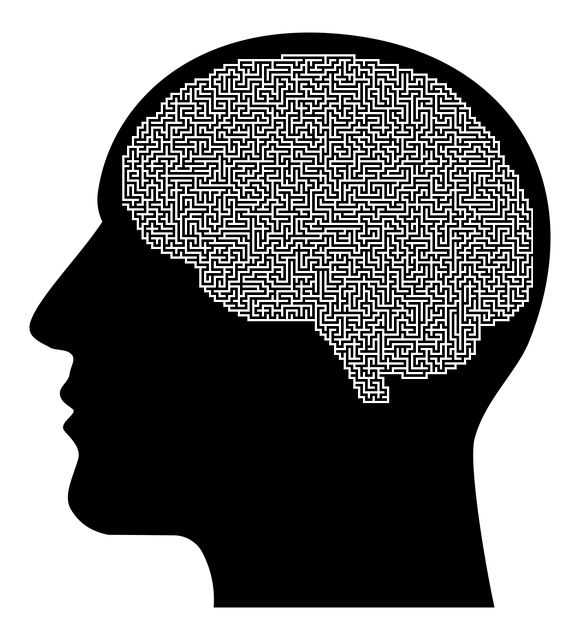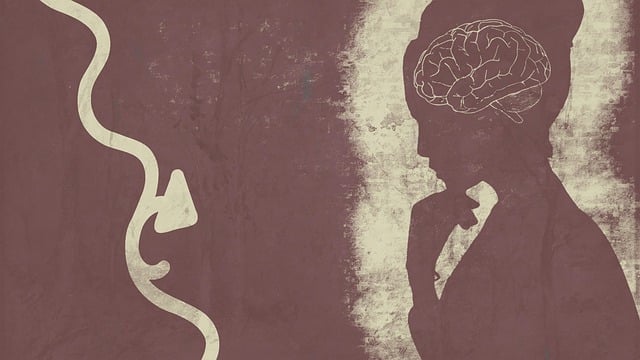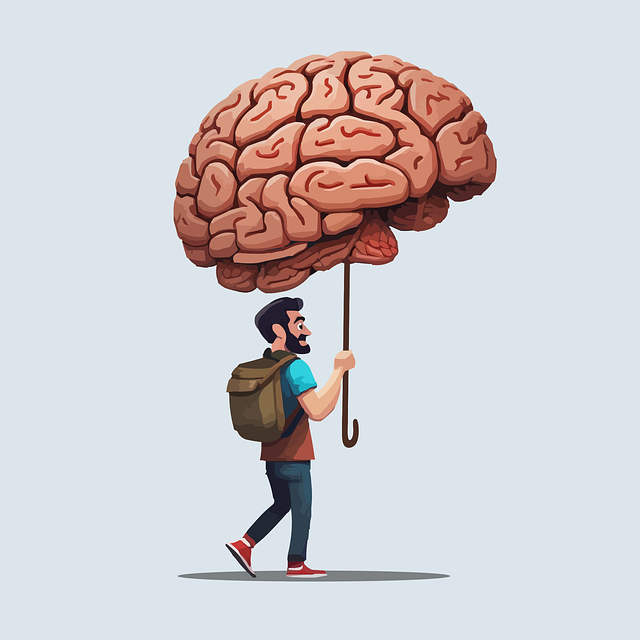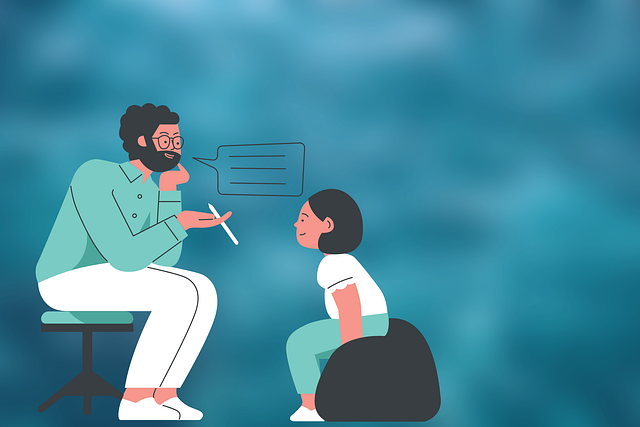First responders face unique mental health challenges due to high-pressure situations and trauma. Tailored mental healthcare, including Cognitive Behavioral Therapy (CBT) and compassion cultivation, addresses specific issues like moral injury and trauma exposure. Stress management techniques such as mindfulness meditation and relaxation, along with peer support groups, are vital for their well-being. Integrated holistic practices enhance resilience, ensuring first responders have effective tools to manage demanding careers and maintain optimal mental health.
Stress reduction is a vital topic, especially for first responders who face constant pressure. This article explores effective methods to combat stress, focusing on cognitive-behavioral therapy (CBT) as a powerful tool and holistic approaches like mindfulness and relaxation techniques. We delve into the unique challenges faced by adults in high-pressure roles, emphasizing the importance of support systems. By understanding the impact of stress, we can navigate its labyrinthine effects and foster resilience among first responders, ensuring they have the resources to thrive.
- Understanding Stress and Its Impact on First Responders
- Cognitive-Behavioral Therapy: A Powerful Tool for Stress Reduction
- Holistic Approaches to Managing Stress in Adults: Mindfulness, Relaxation Techniques, and Support Systems
Understanding Stress and Its Impact on First Responders

Stress is a constant companion for many first responders, from firefighters to police officers and paramedics. The nature of their work exposes them to high-pressure situations, trauma, and critical decision-making, which can take a significant toll on mental health. Unaddressed stress can lead to chronic fatigue, burnout, and even post-traumatic stress disorder (PTSD). Therapy for adults first responders is not just a luxury but an essential tool in their arsenal for maintaining resilience and well-being.
Mental healthcare practices tailored for first responders must account for the unique challenges they face, including the need for cultural sensitivity in mental healthcare practice to address diverse traumatizations. Promoting mental health awareness within these communities helps normalize conversations about stress and its impact. Encouraging self-care routine development can also mitigate stress levels, fostering better overall mental health and ensuring these heroes have the tools they need to navigate their demanding careers.
Cognitive-Behavioral Therapy: A Powerful Tool for Stress Reduction

Cognitive Behavioral Therapy (CBT) is a highly effective therapy for adults, especially first responders who often face unique and intense stress levels. This evidence-based approach focuses on identifying and changing negative thought patterns that contribute to distressing emotions and behaviors. By challenging unhelpful cognitions, CBT empowers individuals to develop healthier coping strategies, enhancing their resilience in the face of adversity.
For first responders, CBT can be tailored to address the specific challenges they encounter, such as trauma exposure or moral injury. Compassion cultivation practices, a key component within CBT, teach individuals to cultivate self-compassion and extend that compassion to others, which is particularly beneficial for those who engage in emotionally demanding work. Mental health education programs designed around CBT principles can further equip first responders with the knowledge and skills necessary to manage stress and maintain their mental wellness, ensuring they can continue to serve effectively and efficiently.
Holistic Approaches to Managing Stress in Adults: Mindfulness, Relaxation Techniques, and Support Systems

Stress is a ubiquitous part of adult life, especially for first responders who face constant pressure and high-stakes decisions. However, holistic approaches like mindfulness and relaxation techniques offer powerful tools to manage stress effectively. Mindfulness meditation, for instance, has been shown to reduce symptoms of anxiety and depression, improve focus, and enhance overall well-being. These practices encourage individuals to stay present, cultivating a sense of calm amidst chaotic circumstances.
Support systems play an equally crucial role in stress reduction. Connecting with peers through therapy groups or community networks can provide a safe space to share experiences, offer emotional support, and gain different perspectives on managing stress. Mental health education programs designed for first responders can equip them with coping strategies tailored to their unique challenges. By integrating mindfulness meditation and building robust support systems, adults in high-stress professions can enhance their resilience and maintain optimal mental health.
In conclusion, effectively managing stress is paramount for both mental health and optimal performance among first responders and adults alike. By understanding the profound impact of stress and exploring evidence-based methods such as cognitive-behavioral therapy and holistic practices like mindfulness and relaxation techniques, individuals can gain powerful tools to navigate challenging situations. Fostering robust support systems further emphasizes the importance of community and connection in mitigating stress responses. Adopting these strategies enables first responders and adults to thrive, ensuring resilience and well-being in their personal and professional lives.














